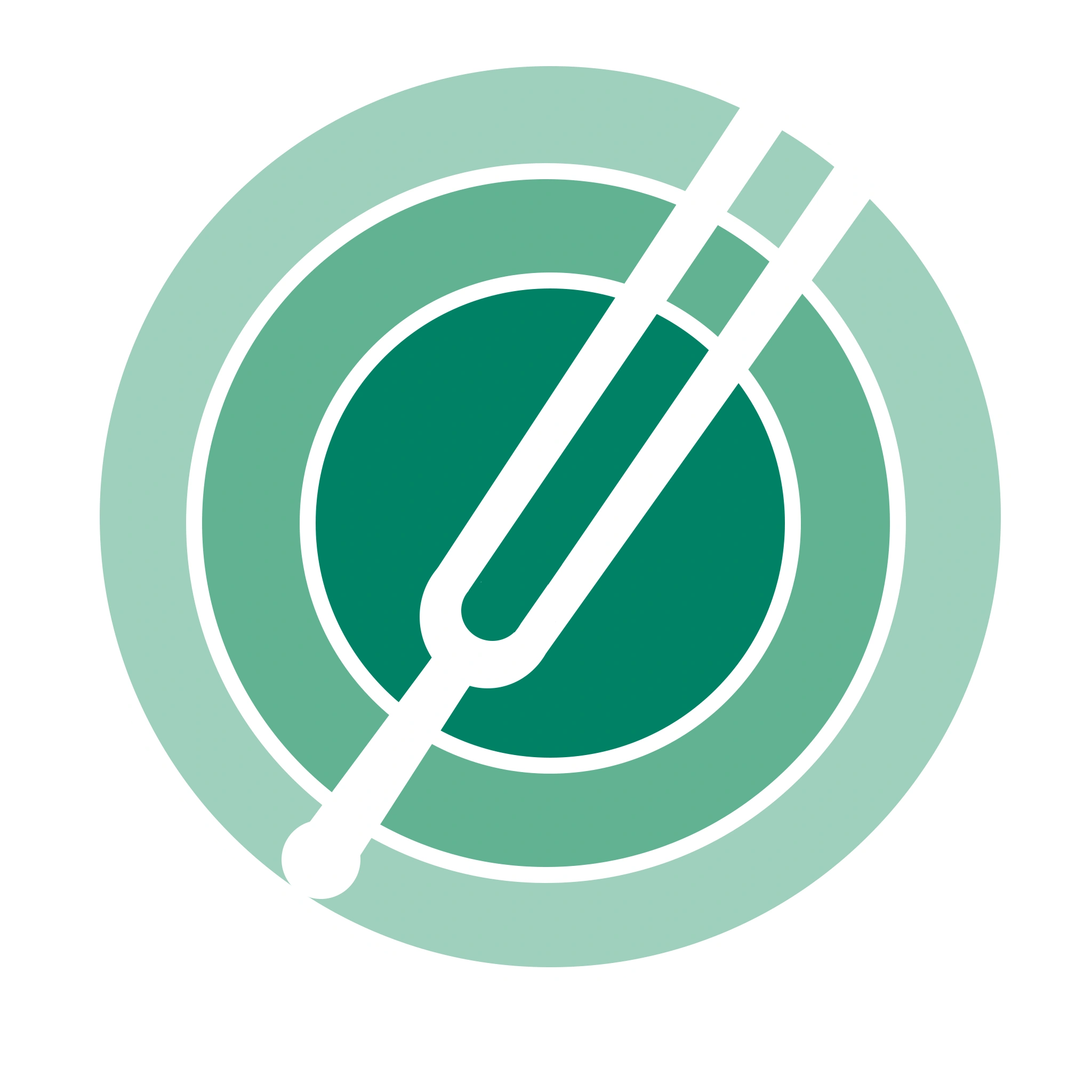Disability and Mental Health Support
Disability changes how we move through the world, but just as often, the world makes life harder than necessary. Whether your disability is lifelong or newly acquired, stable or changing, this space is here to support your emotional wellbeing within the real-world barriers you may face.
Life Changes and So Can We
Living with physical or sensory disability can involve ongoing adjustment. You might be managing chronic illness, pain, fatigue, or changes in mobility or hearing. Some days may feel manageable, others, exhausting or demoralising. You might be adapting to new ways of doing things or grieving what you used to be able to do with ease.
For some people, disability has been present since birth or early life. For others, it arrives later, suddenly, following life-changing injury or illness, or gradually over time. Either way, the emotional impact can be profound. Acquiring a disability often comes with shock, grief and the destabilising work of having to rebuild your life, sometimes from the ground up.
Some people find themselves adjusting to one disability, learning workarounds, only to face the onset of another later in life. Dual disabilities such as deaf-blindness can feel devastating and deeply unfair. Even when people around you see you as “strong” or “used to it,” the emotional impact of living with overlapping conditions can ripple through every area of your life: relationships, identity and everyday functioning.
These changes don’t just affect the person living with the disability, they can ripple through families, friendships and partnerships too. Roles may change. People might not know how to respond. You may feel pressure to keep it together or downplay your needs. Counselling can offer space to reflect on those changes and how they're affecting you.
For some, these life-altering situations may also affect identity, confidence, or intimacy, including sexual relationships. If that’s something on your mind, it can be part of the work we do together.
Trauma, Stigma and Emotional Impact
Many disabled people face stigma, dismissal, or medical trauma, often more than once. That might be due to how professionals speak to, (or over), you, how your pain or needs are minimised, or the ways society either ignores or over-focuses on your condition. These experiences are not incidental, they often leave deep emotional marks. My practice is trauma-informed and shaped by lived experience of a disability.
It can become easy or even habitual to view everything through the lens of illness or pathology. But many emotional, physical or mental responses are understandable reactions to what's happened. In counselling, we can unpick these together, making space for what’s painful without assuming it’s all something to be “treated.”
Accessibility and Assumptions
As a blind counsellor, I’m familiar with the assumptions disabled people often encounter, from being spoken down to, to having decisions made for you. It might be something as small, (and telling), as a professional turning to your carer and asking, “How does she like her tea?” when you're sitting right there. I’ve experienced this myself, and I know how those moments can quietly chip away at autonomy and dignity.
My practice is designed to be accessible and adaptable, offering phone, video or text-based sessions, depending on your needs. You won’t need to explain the basics or educate me about what it means to be disabled. You’re welcome to bring the emotional, relational and identity-based aspects of your experience, at your own pace.
Living with Layers
Disability often intersects with other experiences: mental health, chronic stress, trauma or navigating systems not built with you in mind. Some clients are also neurodivergent, whether formally diagnosed or not. While I don’t currently offer specialist support for neurodevelopmental conditions like ADHD or autism, I recognize the associated challenges: feeling invisible, low in confidence or pushed around by others. They are absolutely valid and welcome in the counselling space. I hope to develop more focused support in this area in the future.
You don’t need a specific diagnosis for your experiences to matter here. If you're feeling overlooked, disempowered, or worn down by how others treat you, those are important and worthy of attention. We can explore those dynamics, strengthen your sense of self, and help you find ways to navigate relationships and systems with more clarity and confidence.
Not Just Coping but Connecting
Counselling isn’t about making you more “resilient” so you can keep pushing through. It’s about creating space for what’s hard and finding ways to reconnect with your own sense of meaning, autonomy, and identity, even if life has irrevocably changed.
If your experience involves sight loss, you might also want to visit the Sight Loss Counselling page which explores those themes in more depth.
Thinking About Counselling?
If you’re considering counselling as a disabled adult and not sure where to start, you’re not alone. You don’t need to have the perfect words or know exactly what you want to work on. You’re welcome here, just as you are.
Get in touch for a free, confidential conversation about how counselling could support you.
